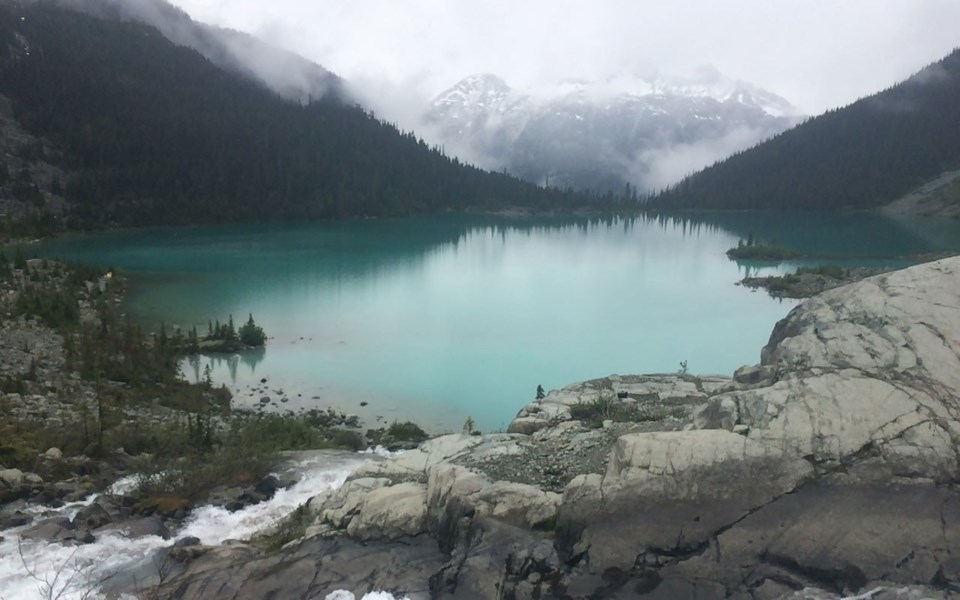Pemberton Search and Rescue had a quiet spring, presumably thanks to recreationalists obeying COVID-19 protocols.
"We had a small number of calls this spring, but they haven't amounted to much," said David MacKenzie, a media representative with Pemberton Search and Rescue (PSAR). "Last year we came out of a record year for tasks that we were called out on. It was certainly busy, busy, busy—and right across the board. It wasn't one specific area."
While MacKenzie didn't have exact call numbers, he pointed to the Pemberton Ice Cap as an example.
"We had no calls to the Pemberton Ice Cap this year," he said. "The sledders were non-existent in the spring. Usually in that area, we'll see three to four calls for service."
That's in stark contrast to Squamish Search and Rescue, which saw five incidents over three days from May 28 to 30. Helicopters had to be called in for three of the incidents and amounted to 500 volunteer hours.
"The fact that we had a relatively quick uptick in calls over a short period of time—you know, the system can handle that, but I still think it's in everybody's best interest, and we're still asking people to recreate in more of a moderate pace than they may normally do," said rescue manager BJ Chute, in a Squamish Chief story.
While most provincial parks reopened on June 1, the popular Joffre Lakes Provincial Park outside of Pemberton did not.
MacKenzie said he didn't have an opinion on whether the park should re-open or remain closed. "It's not our place to decide if something should be open or closed—especially when it comes to parks," he said. "That's not our mandate. Our mandate is to be there and provide assistance if there's a need."
To that end, he said PSAR is feeling prepared to conduct rescues with COVID-19 safety in mind.
"All our members feel safe," he said. "We're obviously implementing some new protocols as far as how we're responding to incidents... There have been some COVID protocols we've had to implement into pre-plans. That spills over to other agencies—how we interact with helicopter companies or dealing with the patients we'd be dealing with in regard to our calls."
With summer getting underway, MacKenzie said it's always a good idea to brush up on backcountry safety.
"It's always good to reference BC Adventure Smart program," he said. "They talk about the essentials. You want to make sure you're going through those checklists and always letting people know what your travel plans are. Leave those plans with somebody so if something happens, people know where you are. When people get into peril the toughest part of our mission is locating people. If we can narrow that down, it saves us a lot of valuable time."
Editor's note: In an earlier version of this story Pique referred to David MacKenzie as head of Pemberton Search and Rescue. That title is incorrect. Pique regrets the error.




